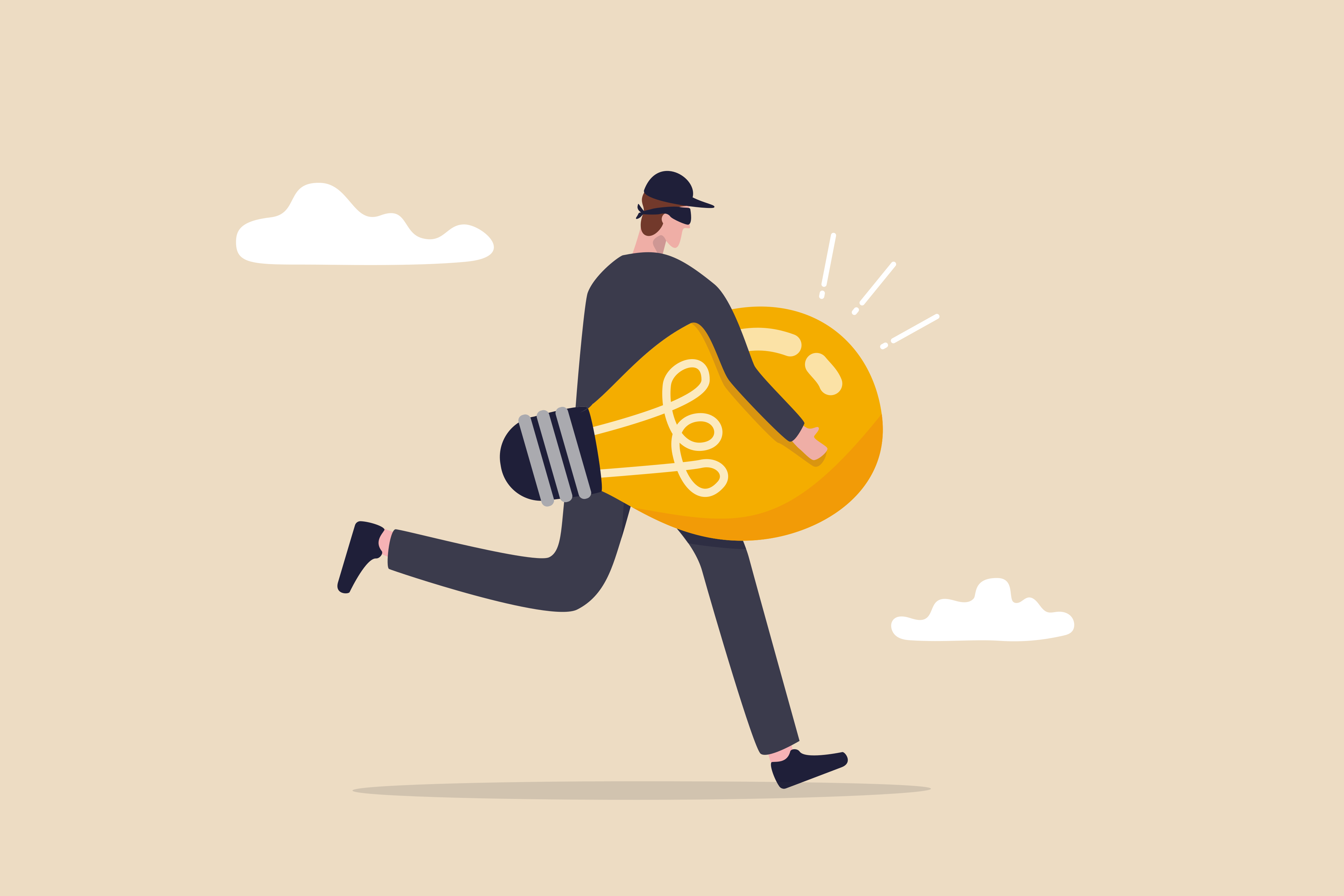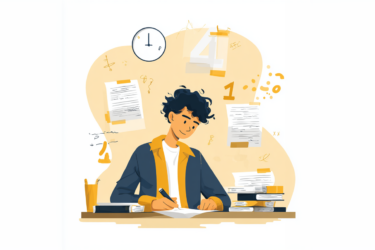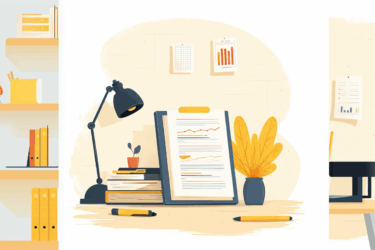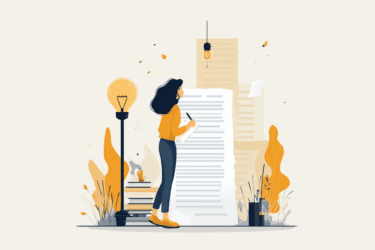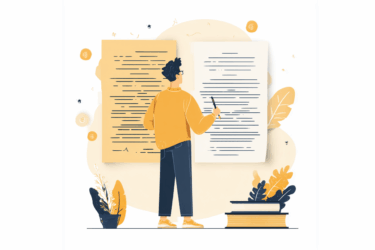Imagine you have invented a never-melting ice cream. Or coffee that gives you energy without anxiety and never gets cold. Or anything equally wonderful that took you time and effort to create.
One day, you share this amazing accomplishment with a colleague over lunch… and the next thing you know, they present a never-melting frozen yogurt based on exactly the same technology your ice cream was. In one more day, they found a startup, make a fortune, buy a private jet, and move to California, all without crediting you or sending you a postcard from LA.
How would you describe the situation? Outrageous? Unfair! Preposterous? Well, that is what plagiarism is.
Why is copying such a serious problem that people need a plagiarism check tool in education, business, and creative industries? Let’s see what makes plagiarism unacceptable.
Plagiarism and creativity
Writing a book is huge. Not even a book – it can be a song, an article, or a research paper. Making anything from scratch is demanding and takes the best we as humans are capable of, requiring creativity, persistence, and ambitions. These efforts are worth acknowledgment and reward.
The most beautiful part is these resources are available to everyone! We don’t say anyone can write a Nobel-prize-winning book. What we mean is that anyone can create something extraordinary.
It’s not a pep talk we are trying to make. The most devastating outcome of plagiarism is not only that it steals someone’s invention, which is unethical. At the same time, it steals from the plagiarizer, taking away the opportunity to create something beautiful and original.
- Plagiarism is unfair and unethical. It is nothing else than intellectual theft, both in moral and financial terms. One can pay tribute to someone for inspiration, negotiate and credit the direct borrowing, but never pass someone’s work for their own.
- Plagiarism steals from the plagiariser. Copying often indicates a lack of courage. Plagiarizing may seem easier than being authentic and vulnerable, but this is the only way to live a fully-expressed life.
Plagiarism and education
An educational institution is where it all starts. Learning is supposed to ground the basics of our work and life ethics. This is why plagiarism is considered one of the most serious violations of the academic world standards that can cause detention and even expulsion.
- Plagiarism endangers academic integrity. Education is all about putting effort and gathering decent crops of your work. Plagiarising, one steals the work from the author and the result from oneself, devaluing the whole system.
- Plagiarism causes inequality. One of the critical standards of modern education is equal opportunities for all students. It means honesty: show what you can, and get what you deserve and strive for. Cheating infringes on this ecosystem, and plagiarism is one of the most vivid examples of cheating,
- Plagiarism promotes unfair standards. Academia is not only about memorizing the facts and obtaining skills. It’s about learning how to live and build connections and trust. It’s about discovering how to become the person you want to be. Plagiarising someone’s ideas is definitely not the way to find your authentic path in life.
- Plagiarism puts reputation at risk. Both student and institution jeopardize their image when plagiarism is involved. One mistake made out of laziness or ignorance can cost the career and the future. When the institution publishes the paper, it means the work is trustworthy. In the case of uncovered plagiarism, the scandal affects not only the author but the whole institution.
Sometimes, plagiarism happens out of coincidence rather than malice intention. This is why it is important to be aware of unintentional plagiarism and use a checker before submitting any written work.
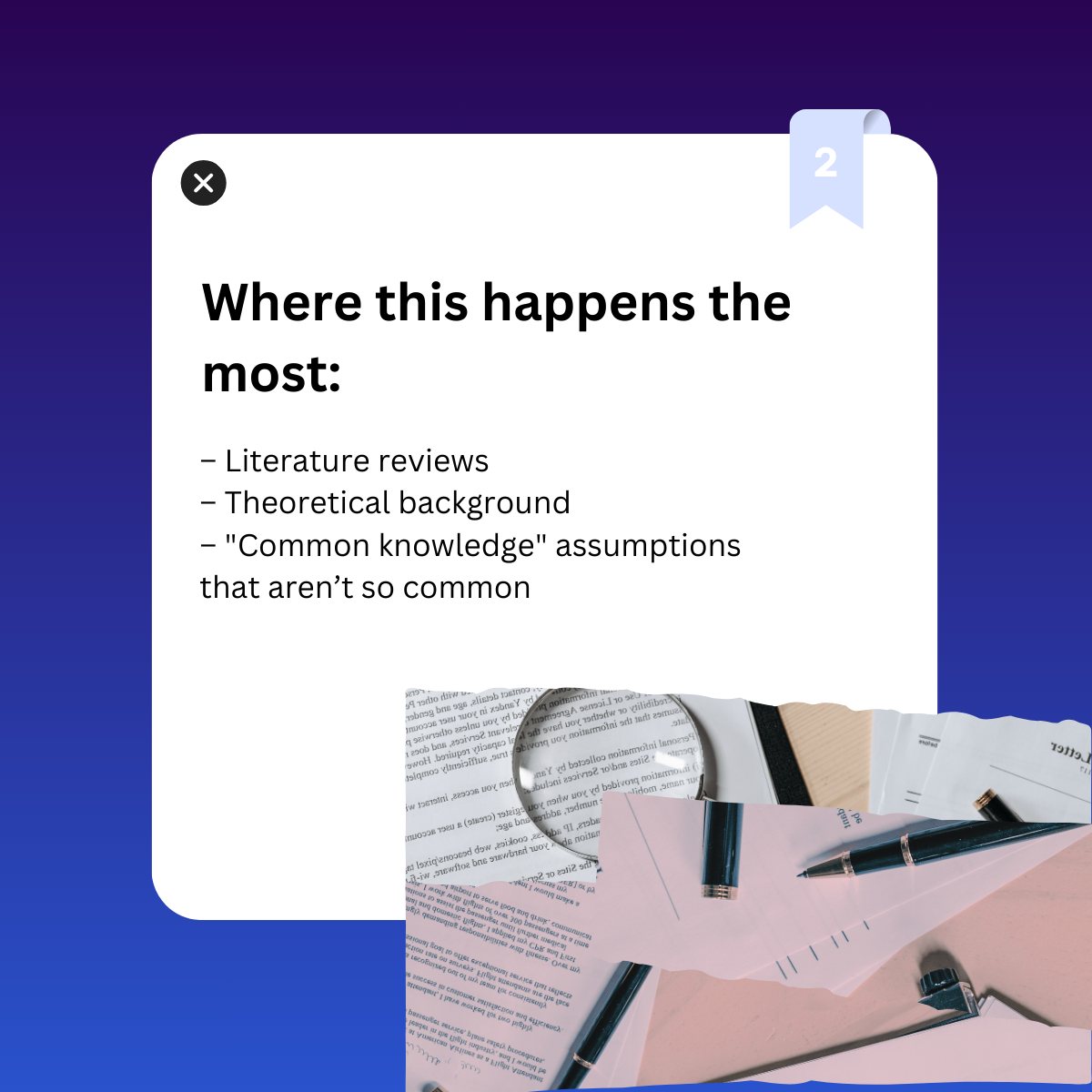
Plagiarism and business
Any business starts with an idea before daily hard work comes into play. The prominent idea and the unique approach to its realization are what bring purpose, success, and, ultimately, profit and fame. Stealing the concept means stealing it all.
- Plagiarism is illegal and unfair. Stealing someone’s ideas does not promote healthy competition or diversity of choice. It just creates unhealthy relationships within the market. Moreover, it entails legal consequences and money loss – all this instead of building a company that brings you joy and pride.
- Plagiarism is a way to degradation. Copying brings nothing new to your own development, the market, or the world. Without a passion and stimulus for growth, things tend to debase and die. So, the idea of stealing does not have much potential from the very beginning.
- Plagiarism jeopardizes reputation. The plagiariser will hardly ever be respected and trusted by colleagues. A business built on plagiarism can’t be admired by customers – and in our age of social media, sooner or later, everything becomes public. Moreover, the plagiarized company, in a way, lets down the whole region or country. Places become known for their creative businesses, and “they are capable only of copying someone’s stuff” has never been a flattering characteristic.
- Plagiarism kills creativity. Why bother if you can just take someone’s invention? Nihilism leads to more neglect. At the same time, original ideas and start-ups liven up the market and spur the creation of even more daring inceptions.
PlagiarismCheck.org has a mission to promote creativity and honesty at every stage of learning and working. Find your trustworthy ally in detecting plagiarism and rediscovering your authentic voice! Try our tool to check plagiarism and AI writing checker now.
